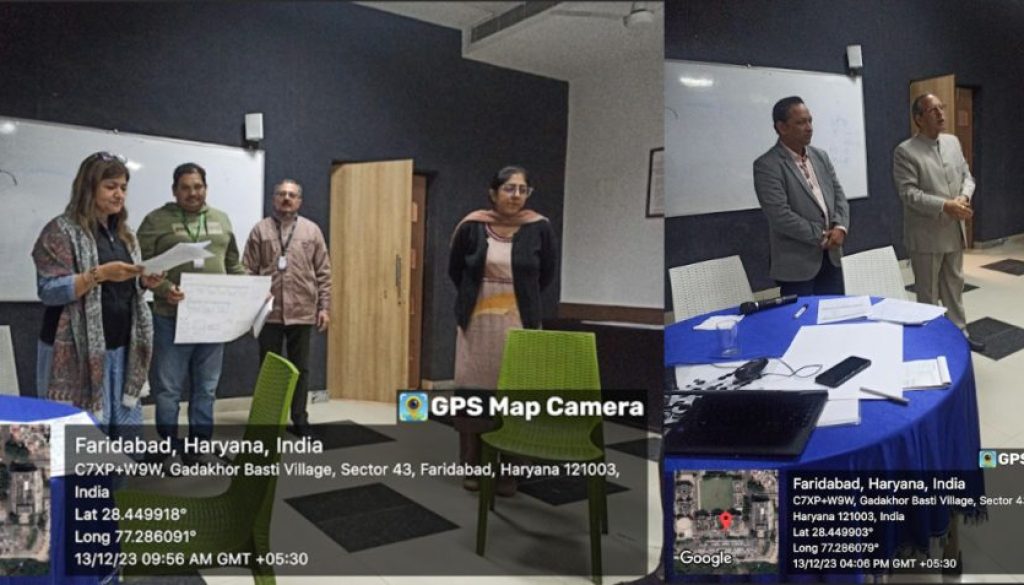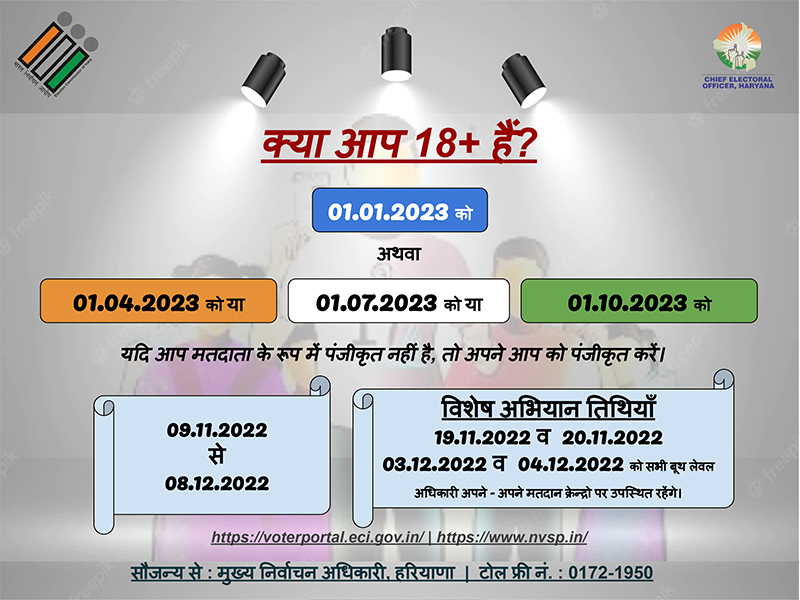Problem and Project-Based Learning – Design and Implementation
The Department of CST, SoE, MRU organized a 2-day workshop on “Problem and Project-Based
Learning – Design and Implementation” in ILG-08 at MRU Campus from 12th December 23 –
13thDecember 23 for 56 faculty members of CSE, ECE, and ME. This workshop aims to enable
participants to understand what is PBL, its principles, and how to implement it in their courses.
Doing Project is not a PBL thus participants will find good PBL problems; which are at the heart of
any PBL practice. The main objective of the workshop is to help teachers to implement PBL in their
courses. The contents covered during the workshop are listed below:
1. Need for changing towards PBL: Perspectives on Teaching Learning Practices
2. Perspectives on Professional Practice OBE /NEP 2020 Paradigm
3. PBL Curriculum Design Principles and Practice
4. PBL Problem Characteristics
The workshop was led by the distinguished Prof. (Dr.) Vikas Vithal Shinde, is an expert in the field
and the first Indian Ph.D. in PBL from Aalborg University, Denmark. Dr. Vikas Vithal Shinde’s
extensive experience in Mechanical Engineering and his role as the Director of the Centre of
Excellence in Project-Based Learning added significant value to the workshop. His passion for PBL
and entrepreneurial ventures inspired participants.
Dr. Shinde initiated the workshop by addressing the need for a shift towards Problem and Project-
Based Learning. Perspectives on teaching-learning practices were discussed, emphasizing the
evolving landscape of education and the role of active learning methodologies. Participants delved
into discussions on the Outcomes-Based Education (OBE) and the National Education Policy (NEP)
2020 paradigm, understanding how PBL aligns with these frameworks and contributes to holistic
education. The core principles of designing a PBL curriculum were explored. Dr. Shinde shared
insights into effective curriculum design, focusing on aligning learning outcomes with real-world
problem-solving skills. The characteristics of PBL problems were discussed in detail. Participants
learned how to identify and formulate problems that serve as the foundation for PBL practices.




